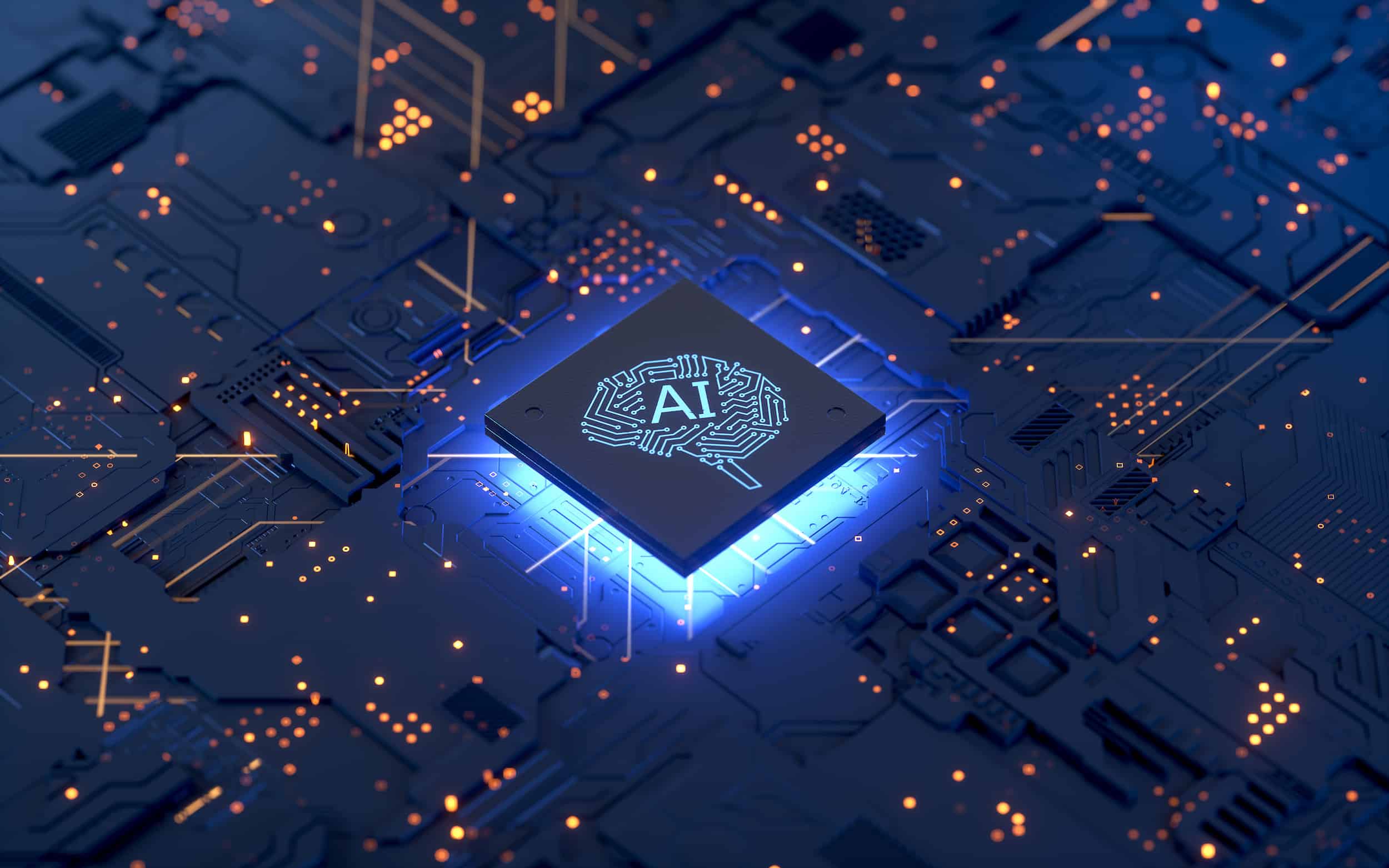Artificial intelligence (AI) and machine learning (ML) have actually been around for decades. But have gained significant traction in recent years. AI and ML are revolutionizing the way we live, work, and interact with technology. As an AI and ML enthusiast, I am excited to share my insights on the topic. In this article, I will explore the difference between AI and ML, their benefits, applications, impact on industries, challenges, and the role of data in AI and ML. I will also discuss the future of jobs in the AI and ML field and why we should embrace this revolution.
Introduction to Artificial Intelligence and Machine Learning
Artificial intelligence is the ability of machines to perform tasks that normally require human intellect, such as comprehending natural language, recognizing objects, and making decisions. In contrast, machine learning is a subset of artificial intelligence that entails teaching machines to learn from data without being explicitly programmed. The performance of ML algorithms can increase over time by learning from their mistakes. A number of industries, including healthcare, finance, transportation, and entertainment, are being disrupted by AI and ML technologies. They enable businesses to make more informed decisions, increase operational efficiency, and improve the consumer experience.

Understanding the Difference Between Artificial Intelligence and Machine Learning
AI and ML are frequently used interchangeably, but they are not identical. AI is the broader concept of intelligent machines performing tasks, whereas ML is the application of specific algorithms that allow machines to learn from data. In other words, AI is the capacity of machines to perform tasks that would ordinarily require human intellect, whereas ML is the process of enabling machines to learn independently by analyzing data. AI is an umbrella term, whereas ML is a technique used to achieve AI. ML algorithms can analyze large amounts of data to identify patterns and make predictions, which can be used to improve business processes and decision-making.
The Impact of AI and Machine Learning on Business
The impact of AI and machine learning on business is significant and far-reaching. These technologies are transforming industries and driving growth by enabling businesses to make better decisions, automate processes, and improve customer experiences. For example, AI-powered chatbots can provide instant customer support, while ML algorithms can analyze customer data to personalize marketing campaigns. As AI and ML continue to evolve, businesses that embrace these technologies will have a competitive advantage in the marketplace.
Real World Applications of AI and Machine Learning in Different Industries.
AI and machine learning are being applied in various industries, from healthcare to finance to retail. In healthcare, AI is being used to analyze patient data and develop personalized treatment plans. In finance, machine learning algorithms are being used to detect fraud and make investment decisions. In retail, AI-powered chatbots are being used to provide customer support and personalized recommendations. The possibilities are endless, and as these technologies continue to evolve, we can expect to see even more innovative applications in different industries.

Challenges and Opportunities of AI and Machine Learning.
While AI and machine learning offer many opportunities for businesses, there are also challenges to consider. One of the biggest challenges is the need for skilled professionals who can develop and implement these technologies. Additionally, there are concerns about the ethical implications of AI and machine learning, such as bias in decision-making algorithms. However, with proper planning and implementation, businesses can leverage these technologies to improve efficiency, reduce costs, and drive growth.
Preparing for the Future of Business with AI and Machine Learning.
The future of business is rapidly changing with the integration of Artificial Intelligence and machine learning. These technologies are transforming industries and driving growth by automating processes, analyzing data, and improving decision-making. To prepare for this future, businesses need to invest in skilled professionals who can develop and implement these technologies, while also considering the ethical implications and potential challenges. With proper planning and implementation, AI and machine learning can help businesses stay ahead of the game and thrive in the digital age.
Conclusion: Embracing the Revolution of Artificial Intelligence and Machine Learning
AI and ML technologies are revolutionizing the way we live, work, and interact with technology. They offer numerous benefits, including increased efficiency and productivity, improved decision-making, and enhanced customer experience. However, they also pose some challenges, such as data privacy and security, bias and fairness, and job displacement. As we embrace the revolution of AI and ML, we must also address these challenges and ensure that these technologies are used ethically and responsibly. By doing so, we can unlock the full potential of AI and ML and create a better future for everyone.
So, let’s embrace the revolution of AI and ML and work towards a better future.

